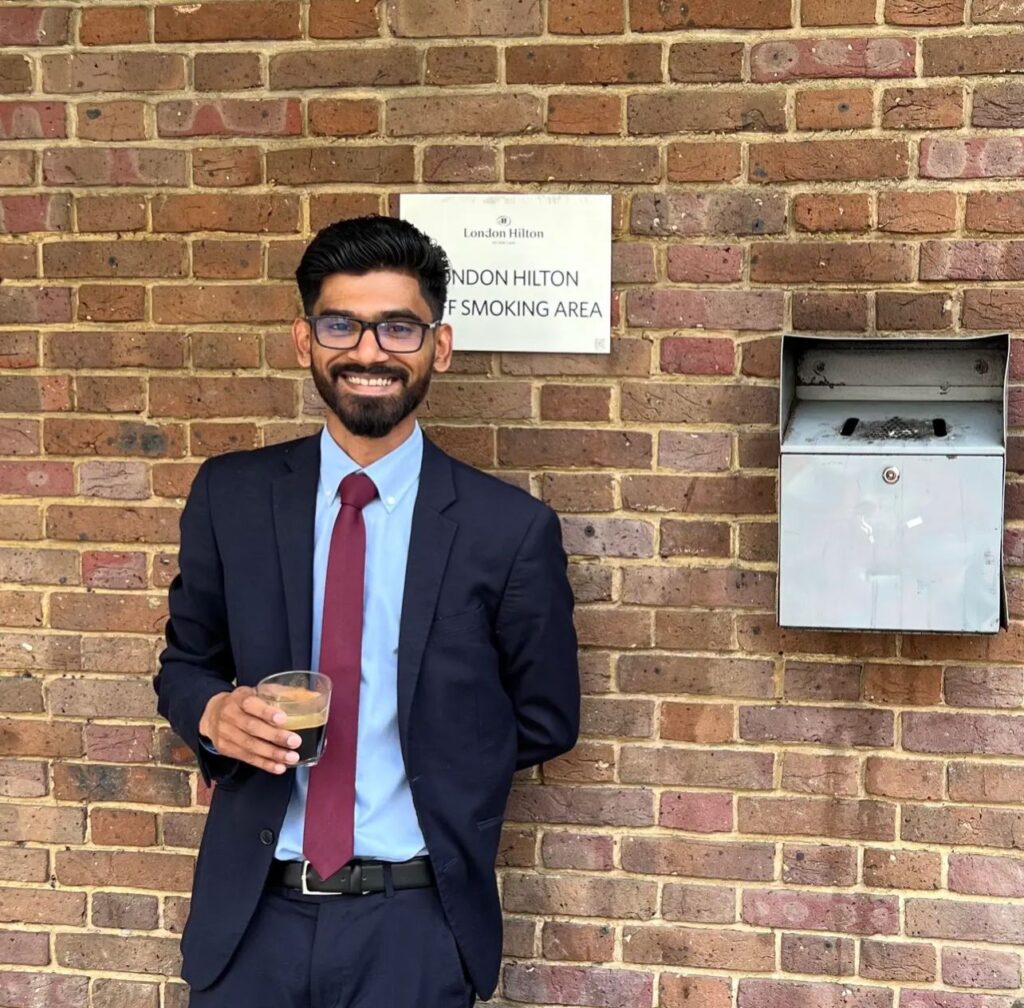In 2011, Egypt witnessed a powerful movement where secularists and Islamists came together to oppose Mubarak’s regime. This was a turning point in Egypt’s history, but the aftermath revealed the complexities of the political landscape, which is a situation that can draw parallels to Bangladesh’s ongoing political crisis. The delicate balance between secularists and Islamists in Egypt eventually gave way to Abdel Fattah el-Sisi’s rise to power, marking a regime more oppressive than Mubarak’s. Can Bangladesh avoid a similar fate?
In Egypt, the Islamists, who had faced the most repression under Mubarak, found themselves in a dilemma. If they chose not to join the anti-Mubarak protests, they would be seen as collaborators with the regime. However, if they joined and the protest failed, the regime would exact a terrible revenge. Eventually, they decided to participate in the protests that led to Mubarak’s downfall. But, as we now know, the revolution didn’t lead to the democratic reform many had hoped for.
After Mubarak’s fall, Egypt’s political scene was tumultuous. In 2012, Dr. Mohamed Morsi, a candidate from the Muslim Brotherhood, was elected as president. His victory was not universally accepted, and many secularists hoped the fall of Mubarak would bring them a secular leader. But Morsi’s rule became deeply polarizing. Like Morsi, Bangladesh’s political scene is also split, where secularism and Islamism are at odds, with neither side able to come to a full agreement on how the country should be governed.
Morsi, attempting to balance both Islamic and secular interests, quickly found that it was nearly impossible to satisfy both groups. As in Egypt, the secularists in Bangladesh are unwilling to accept the dominance of Islamist forces in politics. The fear is that the rise of Islamist power could erode Bangladesh’s secular foundations, much like how Egypt’s political system shifted under Morsi’s rule.
Morsi was faced with a complex political situation—much like the one unfolding in Bangladesh—where economic problems, rising oil prices, and widespread discontent led to protests demanding his resignation. The secularists in Egypt were hoping for a secular alternative, just as many in Bangladesh expect a shift in power to a more secular, democratic regime. However, much like in Egypt, these hopes might be dashed as tensions rise between the different political factions.
In Egypt, after continuous protests and a failing economy, the army intervened. On July 3, 2013, General Abdel Fattah el-Sisi took control of the country, ousting Morsi. The U.S. and other international players were well aware of the army’s plans, but they were reluctant to label it as a coup. In Bangladesh, political power struggles and institutional dysfunction are leading to similar uncertainties about the future. Just as Egypt experienced a shift from one oppressive regime to another, Bangladesh too faces the potential for authoritarian control.
In Egypt, Sisi’s rise to power marked the beginning of a new era of authoritarianism. Thousands of people were killed, imprisoned, or forced into exile. Morsi himself died in prison, under mysterious circumstances, and his son also passed away suspiciously. This brutal shift to military rule became a harsh reality for many in Egypt who had once hoped for a democratic revolution. Bangladesh, too, is teetering on the brink of instability, with rising political tensions, corruption, and the threat of authoritarianism casting a shadow over its democratic institutions.
In Bangladesh, the current political environment is fraught with fear of authoritarianism, much like Egypt. Protests, unrest, and economic struggles are growing. The political crisis is deepening, with parties refusing to compromise, and citizens are left wondering whether their country will end up facing a similar fate to Egypt’s.
Could Bangladesh’s political future mirror the trajectory Egypt has followed? With growing concerns about democracy’s survival, political parties at odds, and the potential for military involvement, the country must address its internal divisions before it faces a similar collapse into authoritarianism.
As secularists and Islamists continue their fierce battles in Bangladesh, it remains to be seen whether the country will find a way to reconcile their differences, or whether it will follow in Egypt’s footsteps, where political turmoil gave way to a military-backed regime. The lessons from Egypt’s experience are clear: without genuine dialogue and compromise, countries risk falling into cycles of violence, dictatorship, and lost opportunities for democracy.
Bangladesh must learn from Egypt’s history and ensure that it does not repeat the mistakes of the past. The political crisis in Bangladesh requires careful negotiation and reforms to avoid slipping into authoritarian rule and losing the democratic freedoms that many have fought so hard to achieve.

1ojum0